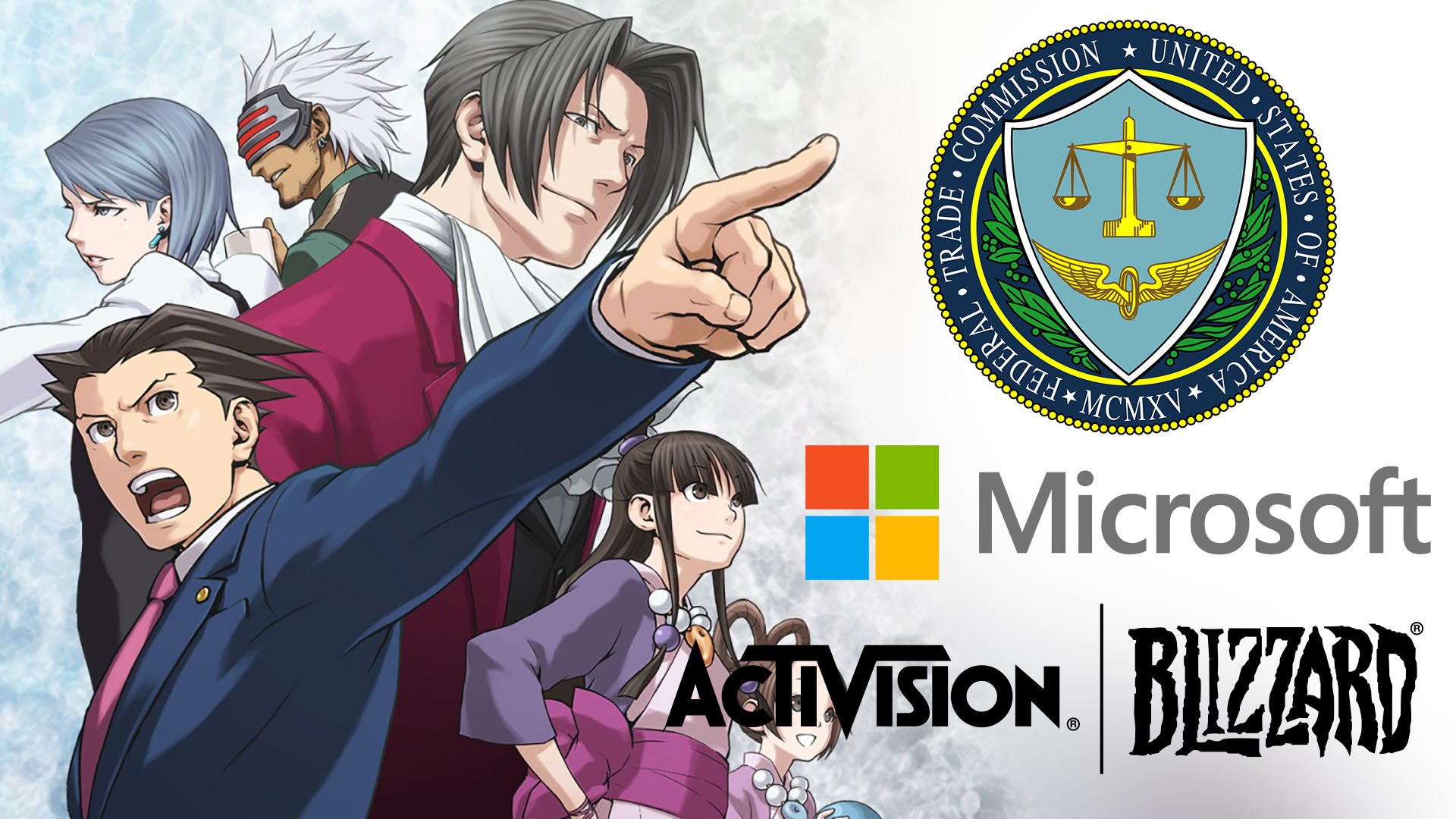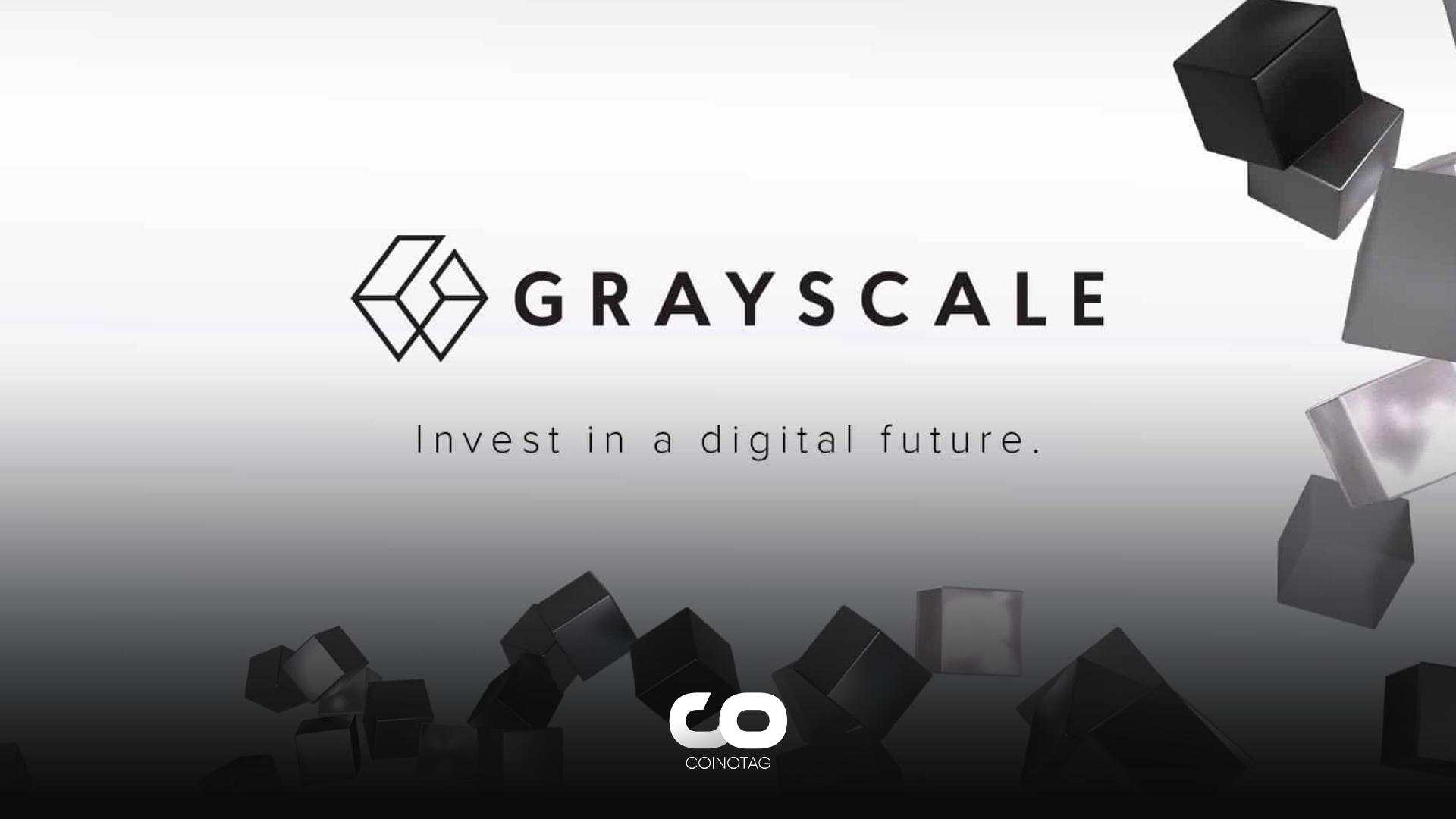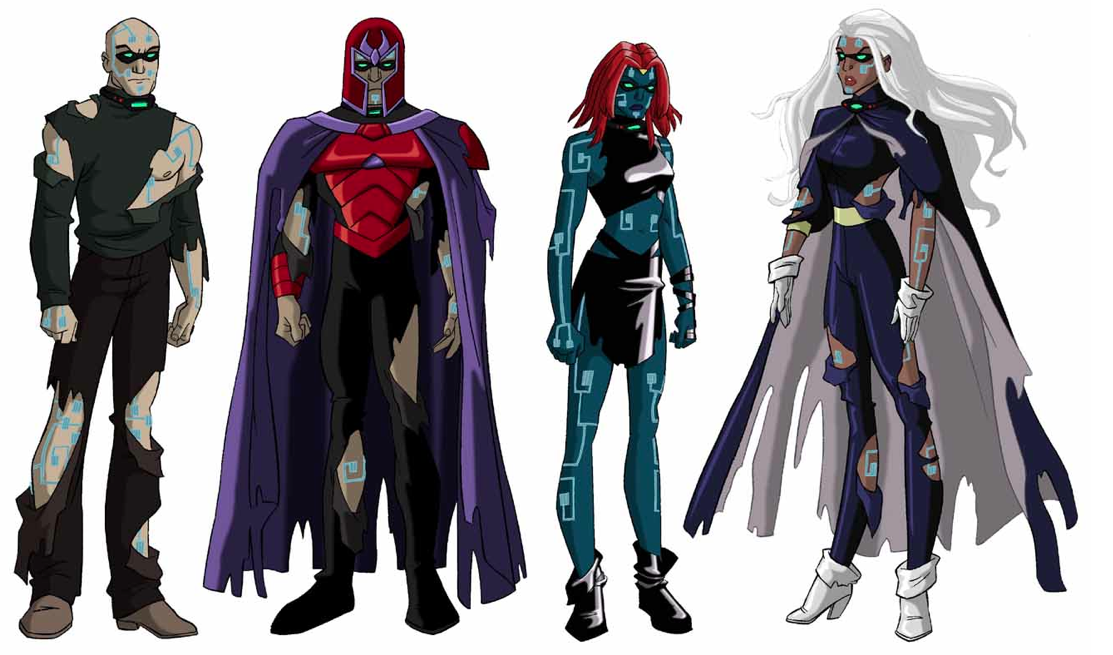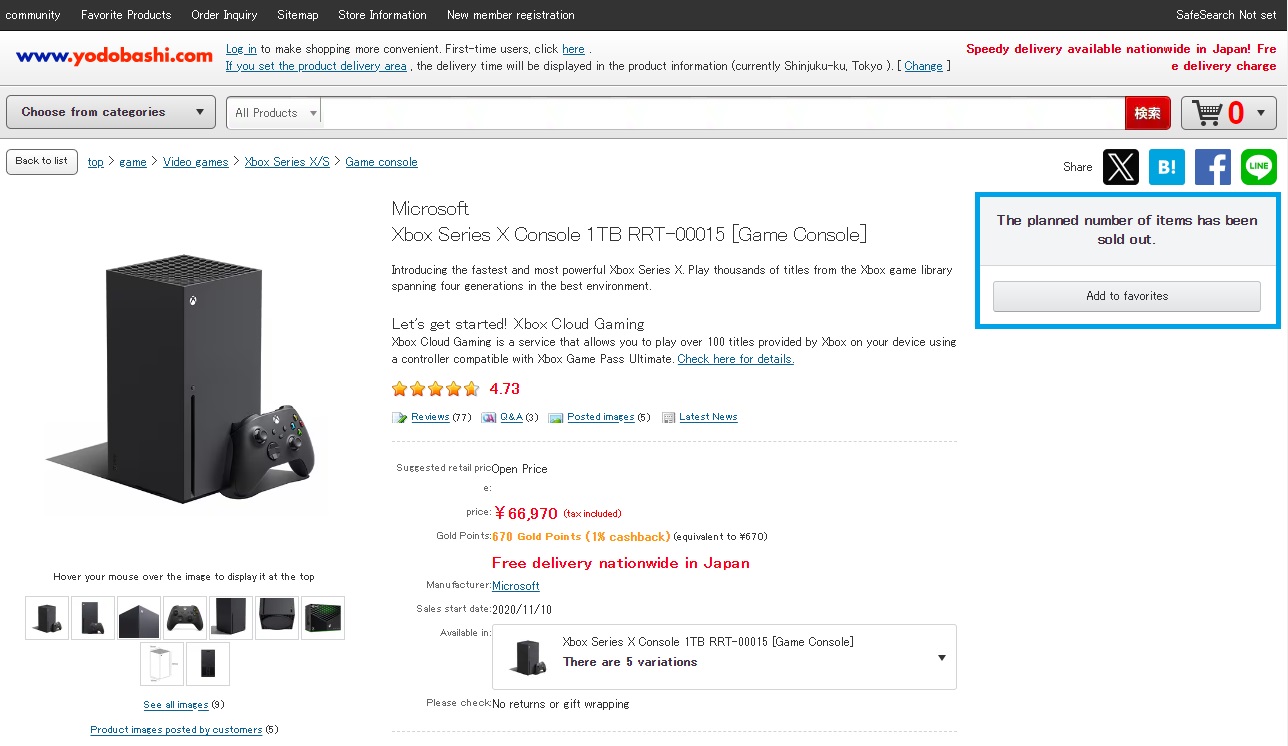FTC's Appeal Challenges Judge's Ruling On Microsoft-Activision Merger

Table of Contents
The Microsoft-Activision Blizzard merger, valued at a staggering $68.7 billion, aimed to bring iconic franchises like Call of Duty, Candy Crush, and World of Warcraft under Microsoft's umbrella. Initially, the merger sailed through, with a US District Judge ruling in favor of Microsoft in July 2023. However, the FTC's appeal directly challenges this ruling, setting the stage for a potentially lengthy and complex legal showdown. This article will dissect the core arguments fueling this appeal and analyze its possible impact.
The FTC's Core Arguments Against the Merger
The FTC's primary argument rests on the belief that the merger would create an anti-competitive environment within the gaming market, stifling innovation and harming consumers.
Concerns about Anti-Competitive Practices
The FTC contends that the merger would give Microsoft undue control over key gaming segments, particularly through its ownership of Call of Duty. They argue this dominance would allow Microsoft to engage in anti-competitive practices, to the detriment of consumers.
- Exclusive Content: The FTC fears Microsoft could make Call of Duty and other Activision Blizzard titles exclusive to Xbox consoles and its Game Pass subscription service, limiting availability to PlayStation and other platforms.
- Higher Prices: The reduced competition could lead to increased prices for games and gaming subscriptions.
- Reduced Innovation: A lack of competition can stifle innovation, resulting in fewer choices and a less dynamic gaming market.
The FTC argues that Microsoft's significant market share, combined with Activision Blizzard's portfolio, would create a near-monopoly, violating antitrust laws. This alleged monopoly power would allow Microsoft to manipulate prices, limit consumer choice, and ultimately damage the competitive landscape.
Failure of the Initial Ruling to Address Key Concerns
The FTC believes the initial court ruling failed to adequately consider the evidence presented regarding the potential anti-competitive effects of the merger. They argue that the judge did not fully grasp the significance of Microsoft's market power and the potential for abuse.
- Insufficient Consideration of Long-Term Effects: The FTC claims the court did not adequately address the long-term impact of the merger on competition.
- Dismissal of Key Evidence: The FTC contends that the judge dismissed crucial evidence detailing Microsoft's history and intentions regarding exclusive content.
- Narrow Interpretation of Market Definition: The FTC argues that the court used too narrow a definition of the relevant gaming market, failing to account for the broader competitive landscape.
Microsoft's Defense and Counterarguments
Microsoft vehemently denies the FTC's claims, asserting that the merger will actually benefit consumers and increase competition.
Microsoft's Stance on Competition and Consumer Benefits
Microsoft argues the merger will enhance competition, not stifle it. They point to several key benefits:
- Increased Competition: Microsoft claims the acquisition will spur innovation and increase competition within the gaming industry.
- Benefits to Gamers: Microsoft emphasizes its commitment to bringing Activision Blizzard's games to a wider audience, including through Game Pass.
- Expansion of Gaming Accessibility: Microsoft highlights its commitment to bringing popular games to more platforms, potentially benefiting a larger audience.
Microsoft has also made public commitments to keep Call of Duty available on PlayStation for at least ten years, directly addressing the FTC's concerns about exclusivity.
Legal Strategy and Potential Outcomes
Microsoft's legal strategy focuses on refuting the FTC's antitrust claims and highlighting the benefits of the merger. The outcome remains uncertain.
- High Stakes for Both Sides: A reversal of the initial ruling could significantly impact Microsoft's strategy and future acquisitions. For the FTC, failure would raise questions about the effectiveness of their antitrust enforcement.
- Precedents and Expert Opinions: Legal experts are divided on the likely outcome, with some pointing to the complexity of the case and the difficulty of proving anti-competitive intent.
- Timeline Uncertainty: The appeal process could significantly delay the merger's completion, creating uncertainty within the gaming industry.
Implications of the Appeal for the Gaming Industry
The outcome of this appeal will reverberate throughout the gaming industry and beyond.
Impact on Future Mergers and Acquisitions
This case sets a critical precedent for future mergers and acquisitions in the gaming industry. A ruling in favor of the FTC could significantly alter the regulatory landscape, making future mega-mergers far more challenging to achieve.
- Increased Scrutiny of Mergers: Expect heightened scrutiny from regulatory bodies regarding mergers and acquisitions in the gaming industry.
- Changes in Antitrust Enforcement: The outcome could impact antitrust enforcement in other tech sectors as well.
- Legal Precedent: This ruling will create a crucial legal precedent for future antitrust cases involving large technology companies.
Effects on Game Developers and Publishers
The appeal's outcome will directly influence game developers and publishers, particularly smaller studios.
- Pricing and Distribution: Changes in market dynamics could impact pricing and distribution agreements for game developers.
- Innovation and Competition: The outcome could influence the level of innovation and competition among game developers.
- Potential for Consolidation: A victory for Microsoft could lead to further consolidation within the gaming industry.
Consumer Implications
The impact on consumers is complex, with potential positive and negative outcomes.
- Game Prices: Prices could increase if Microsoft gains excessive market power. Conversely, wider access to games via Game Pass could lower costs for some.
- Game Access: Reduced competition could limit the availability of games on different platforms. Conversely, the expanded Game Pass library could offer more access to a wider variety of titles.
- Gaming Experience: The long-term impact on the overall gaming experience depends on the balance between competition and innovation.
Conclusion: The Future of the Microsoft-Activision Merger and FTC Appeals
The FTC's appeal against the Microsoft-Activision merger is a pivotal moment for the gaming industry and antitrust law. The FTC's concerns about anti-competitive practices, specifically concerning Call of Duty and market dominance, are countered by Microsoft's arguments about increased competition and consumer benefits. The implications are far-reaching, affecting future mergers, game developers, and ultimately, the gaming experience for millions of consumers. To stay informed about the ongoing legal battle surrounding the Microsoft-Activision merger and the FTC's appeal, follow reputable news outlets and legal resources for the latest updates. The outcome of this appeal will significantly shape the future of the gaming landscape and the application of antitrust laws in the digital age.

Featured Posts
-
 Bitcoin Price Rebound Understanding The Potential For Future Growth
May 08, 2025
Bitcoin Price Rebound Understanding The Potential For Future Growth
May 08, 2025 -
 Rogues Leadership A Necessary Evolution For The X Men
May 08, 2025
Rogues Leadership A Necessary Evolution For The X Men
May 08, 2025 -
 Bitcoins Current Rebound Understanding The Market Dynamics
May 08, 2025
Bitcoins Current Rebound Understanding The Market Dynamics
May 08, 2025 -
 Ps 5 Price Hike Looms Where To Buy One Before Its Too Late
May 08, 2025
Ps 5 Price Hike Looms Where To Buy One Before Its Too Late
May 08, 2025 -
 Pakistan Super League 10 Ticket Sales Open
May 08, 2025
Pakistan Super League 10 Ticket Sales Open
May 08, 2025
